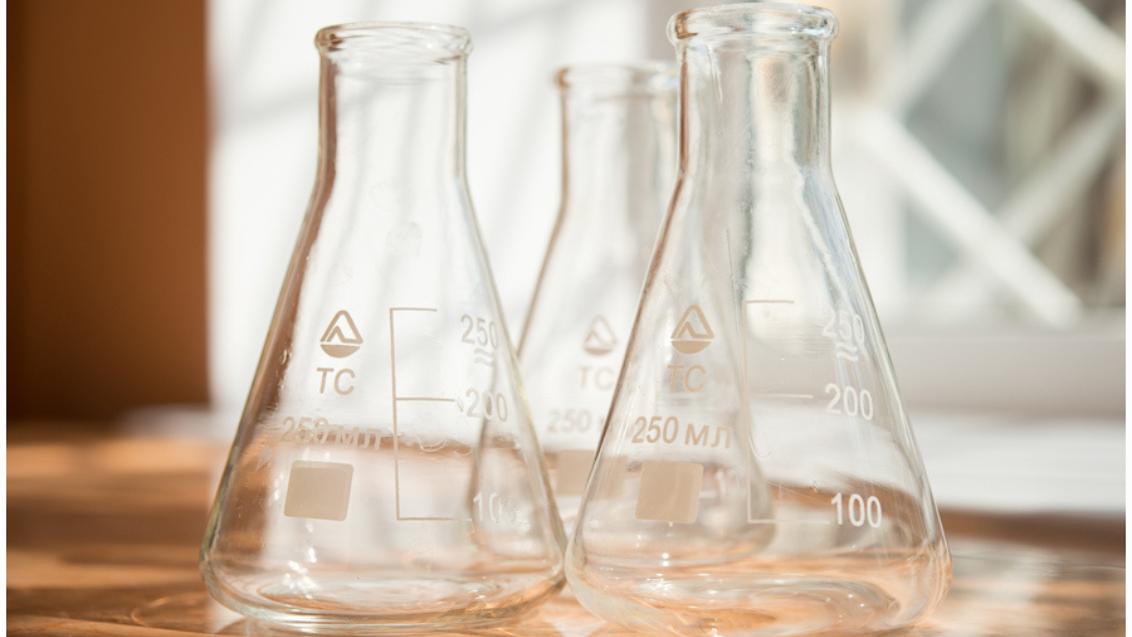February 24, 2024

Syngenta Vegetable Seeds products are grown around the world, which means it's vital to protect seed health to promote the sanitary global movement of seeds. With a multitude of crop species to test across a variety of global growing conditions, Syngenta Vegetable Seeds experts use high-tech testing to deliver quality seeds to growers, all while following various international standards.
Not every virus, bacteria or fungus found in a particular crop is present in every country where the crop is produced. Keeping those pathogens out of fields is important for all growers. Because of this, seeds are tested in a variety of ways.
“Our labs are accredited through third-party organizations to allow for the import and export of our seed,” said Laurel Carter, Global Head of Phytosanitary and Seed Movement Compliance at Syngenta. “That means we follow very specific protocol in our testing.”
Multiple Tests for Seed Health
Seeds in Syngenta facilities undergo molecular testing using polymerase chain reaction (PCR) technology. PCR tests, which are often used in medical testing, can confirm the presence of DNA of seed-borne pests in just a day or two. If DNA is found, it could be alive or dead, so the seed lot moves into additional testing.
Other tests include protein testing. This test uses an enzyme-linked immunosorbent assay (ELISA), another process often used in medical testing. During this process, seed material is placed into a tray that keeps samples separated. The samples have a substance added to it to detect viral proteins by changing colors in a day or two.
Second check tests include testing seed samples by growing them for 20-to-30 days. These are called grow-out tests. Expert technicians observe seedlings for signs of viruses, fungi, or bacteria during this growing period. Any infected seed lots are destroyed.
These vital tests help keep foreign virus, bacteria and fungi are kept out of fields, meaning growers receive only healthy seeds. This practice helps keep safe movement of seed around the world at the forefront of priorities. And, thanks to technology, this testing is faster and more accurate than ever.
Laboratory Accreditation
Each country has its own certification agency and unique requirements for seed delivery. It’s a complex process that Syngenta Vegetable Seeds is dedicated to getting right.
For example, the Nampa, Idaho lab is part of the National Seed Health System, a program through the Iowa State University Seed Science Center. This program, which is authorized by the USDA-APHIS, provides federal phytosanitary certificates, or a set of requirements relating to the health of plants for international trade.
As a National Seed Health System accredited lab, the Nampa facility has third parties visit the labs to review and approve testing methods. This approval means that Syngenta Vegetable Seeds facilities can import and export seed.
The high-tech testing process at Syngenta Vegetable Seeds is the cornerstone of safeguarding the most important investment to growers: Seed. The meticulous dedication to seed health through testing is an important practice to ensure each seed has its best chance at success.